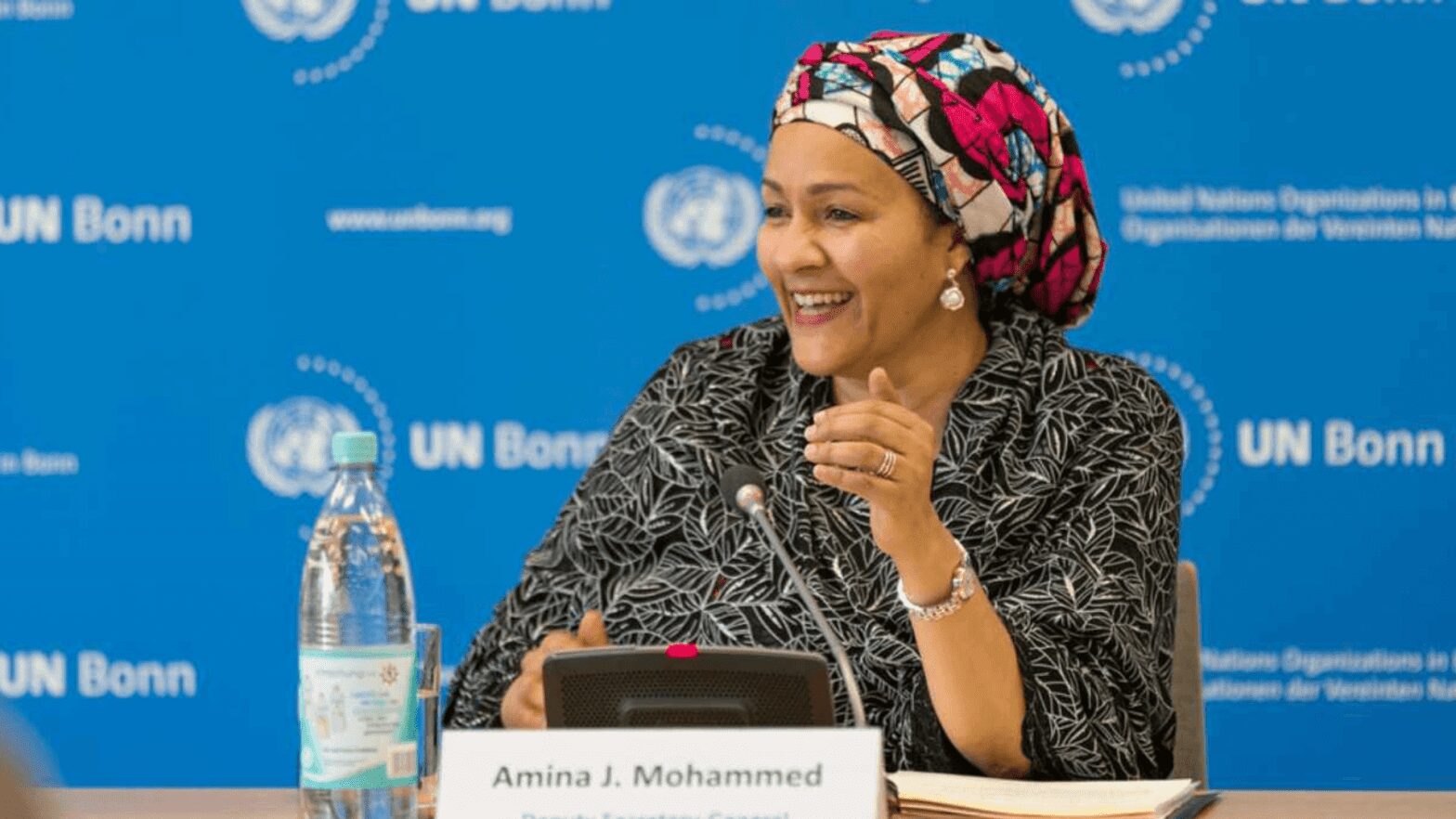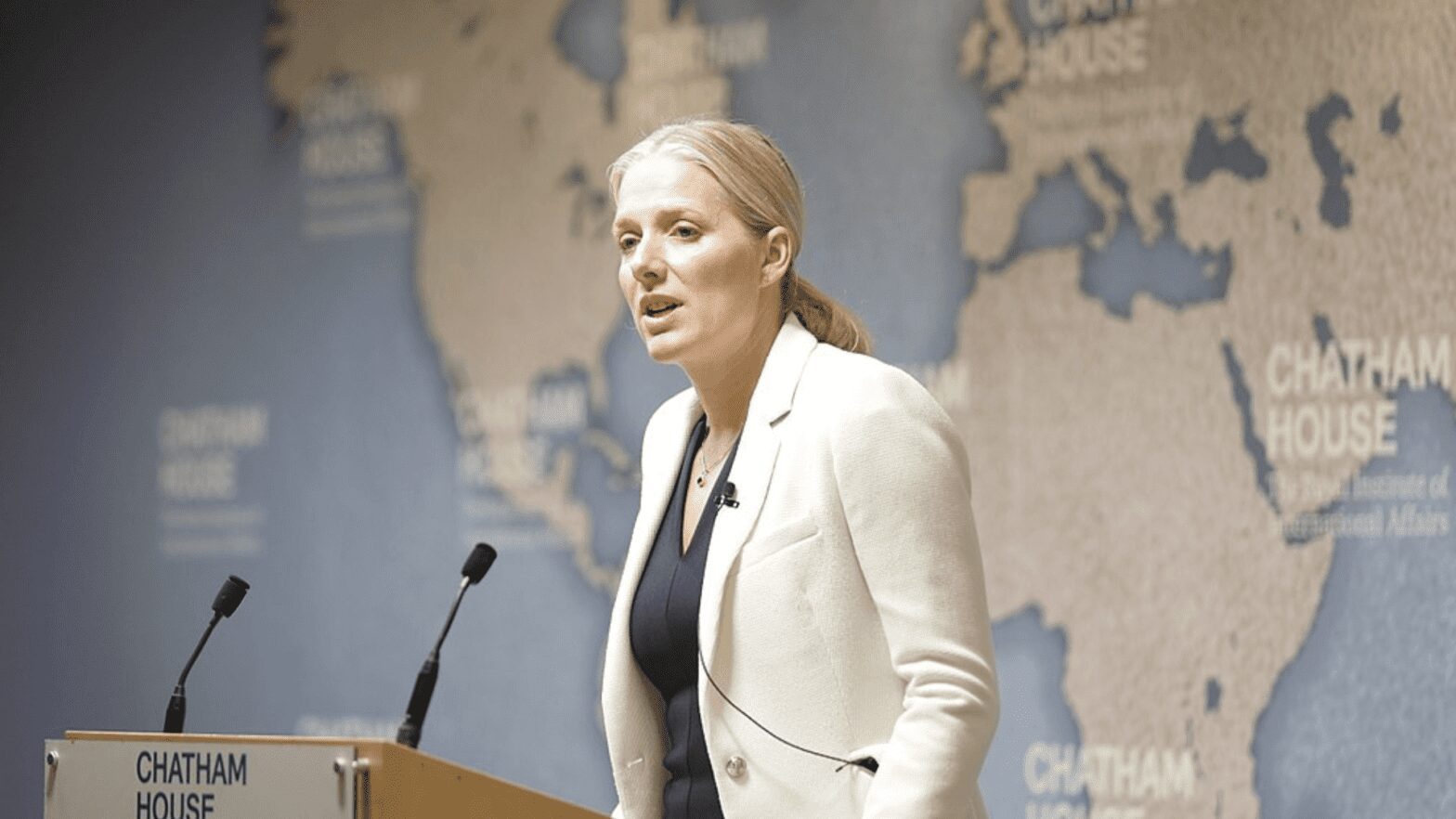Global investment in clean energy equals spending on fossil fuels for the first time in history, according to an analysis by Bloomberg New Energy Finance (BloombergNEF or BNEF). In 2022, the world invested US$ 1.1 trillion in the transition to more sustainable and cleaner energy sources, approximately equal to the amount invested in oil, gas and coal production. This historic milestone signals a movement towards a greener and more sustainable economy. The transition to clean energy has been encouraged by governments around the world, which are implementing policies to reduce greenhouse gas emissions and mitigate the impacts of climate change.
Clean energy investments span a variety of sources, including solar, wind, hydropower and biomass. BNEF figures show a significant increase in investments in solar energy, with investments in photovoltaic technology rising 40% year-on-year, totaling US$ 272.6 billion. Investments in wind energy also grew, totaling US1TP4Q 214.6 billion.
The transport sector is also undergoing a transition to cleaner energy sources, with investment in electric vehicles reaching US$ 99.7 billion in 2022, an increase of 41% year-on-year.
While there are still significant challenges to be overcome, such as the need to develop more efficient energy storage technologies and reduce the costs of clean energy to make it affordable for all people, investments in clean energy are a positive sign for the future. of energy and the environment. The transition to clean energy also has the potential to bring significant benefits to the global economy. Creating new jobs in sectors such as manufacturing solar panels and wind turbines can boost economic growth and reduce dependence on imported energy sources.
Equal investment in clean energy and fossil fuels also suggests that demand for fossil fuels is declining. Some experts believe that the era of fossil fuels is coming to an end, with an increasing number of energy companies switching to renewable energy sources.
However, fossil fuel production still accounts for much of the world's energy. Much remains to be done to accelerate the transition to clean energy and achieve carbon neutral targets. But equity in investment is an important step in the right direction.
Clean Energy Transition: Plausible Scenarios for Achieving Global Net-Zero by Mid-Century
BloombergNEF's New Energy Outlook 2022 Report highlighted the importance of clean energy investments in achieving a low-carbon future. The report predicts that between 2022 and 2050, US$ 92 trillion in energy sector investment will be needed, with most of that investment going towards renewable energy sources, energy storage and related infrastructure.
Fortunately, global investment in clean energy has already increased significantly. According to the report, in 2021, investments in renewable energy and energy storage reached US$ 1.5 trillion, an increase of 11% from the previous year. This increase was mainly driven by the drop in the costs of renewable energy technologies, such as solar panels and wind turbines. In addition, many countries are adopting policies to encourage the transition to clean energy, such as subsidies for renewable energy projects, tax breaks and carbon taxes.
The largest investments in clean energy are taking place in China, which accounts for around 40% of global investment in renewable energy and energy storage in 2021, followed by the United States and Europe. Investments in clean energy are also growing rapidly in developing countries such as India, Brazil and Mexico, which is not only important for mitigating climate change, but also for spurring economic growth and job creation. The clean energy sector currently employs over 12 million people worldwide and that number is expected to continue to grow as more investment is made in the area.
The “BNEF Scenario Net Zero” report highlights the differences in the paths taken by countries to reduce carbon emissions and achieve climate neutrality. While developed countries such as the US, UK and France have managed to reduce their emissions rapidly this decade, developing economies such as India and Indonesia have seen their emissions rise before starting to decline in recent years. China, for its part, follows its own course, combining elements of both developed and developing paths.
The document points out that cleaning the energy system is more impactful in countries that depend heavily on coal, such as China, India and Australia. The shift to clean energy accounts for at least two-thirds of the total emission reductions in these countries over the next 28 years. The electrification of fossil fuel-based processes in transport, industry and buildings must be a priority in countries that have already reduced the carbon intensity of their electricity generation. The report also highlights that several countries could exceed their established emissions targets by 2030, known as Nationally Determined Contributions (NDCs), or increase the ambition of these targets, relying only on technologies that are economically competitive today or very soon. China, India and Indonesia are seen as countries that could easily outperform their NDCs in the Economic Transition Scenario and outperform them further in the Net Zero Scenario.
The report includes six main action areas to accelerate the transition: accelerating the implementation of mature climate solutions, supporting the development of new climate solutions, managing the transition or elimination of carbon-intensive activities, creating appropriate governance structures for the climate transition, support the transition in emerging markets and developing economies and increase the supply of critical materials.
To close the “implementation gap” and achieve climate neutrality, it is important for policymakers to remove barriers to the deployment of renewable energy and electric vehicles, accelerate the development of new technologies such as hydrogen and carbon capture, and actively manage the transition from fossil fuels. The transition to a clean and sustainable economy is possible, but it requires rapid and coordinated action at the global level.
















